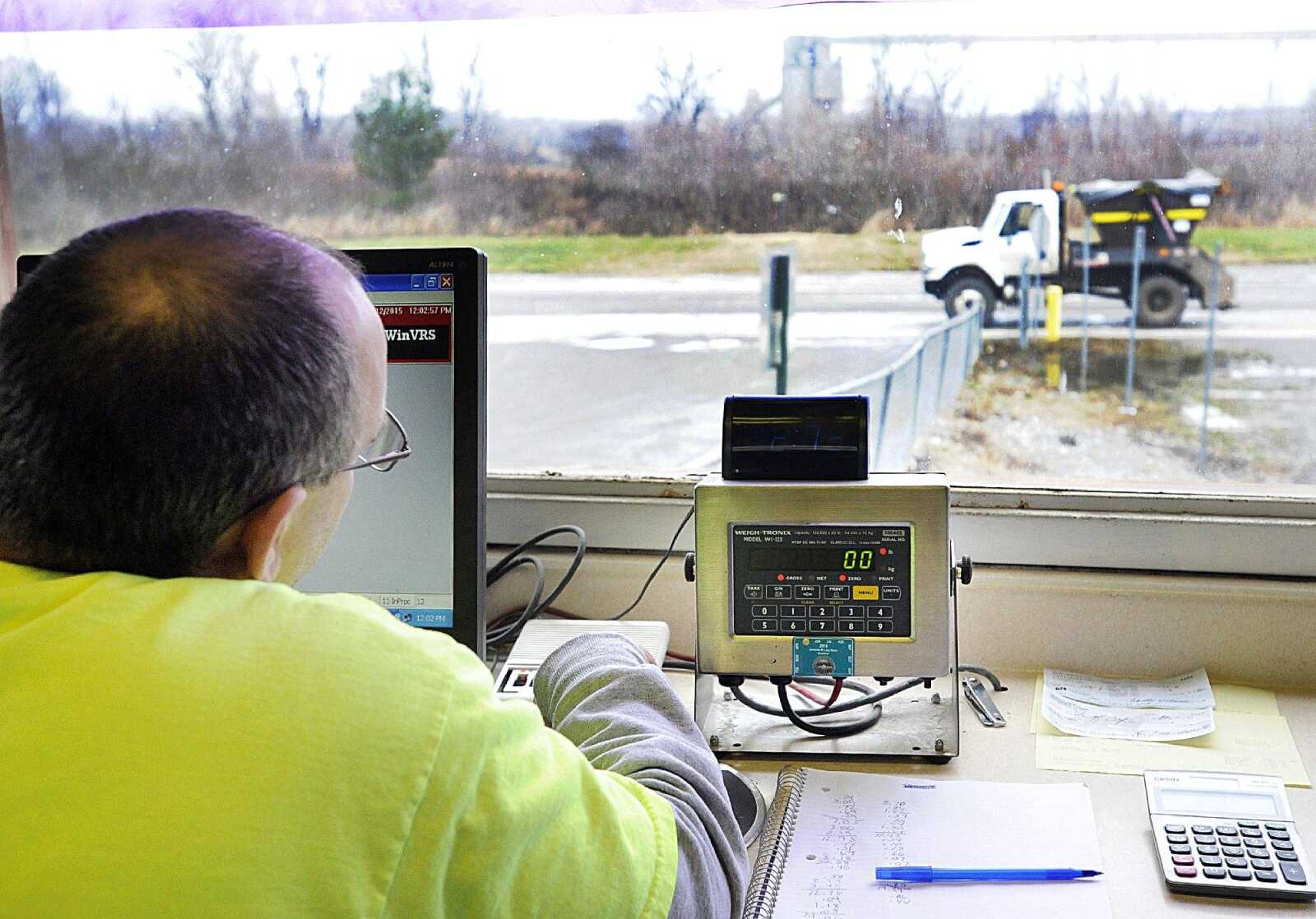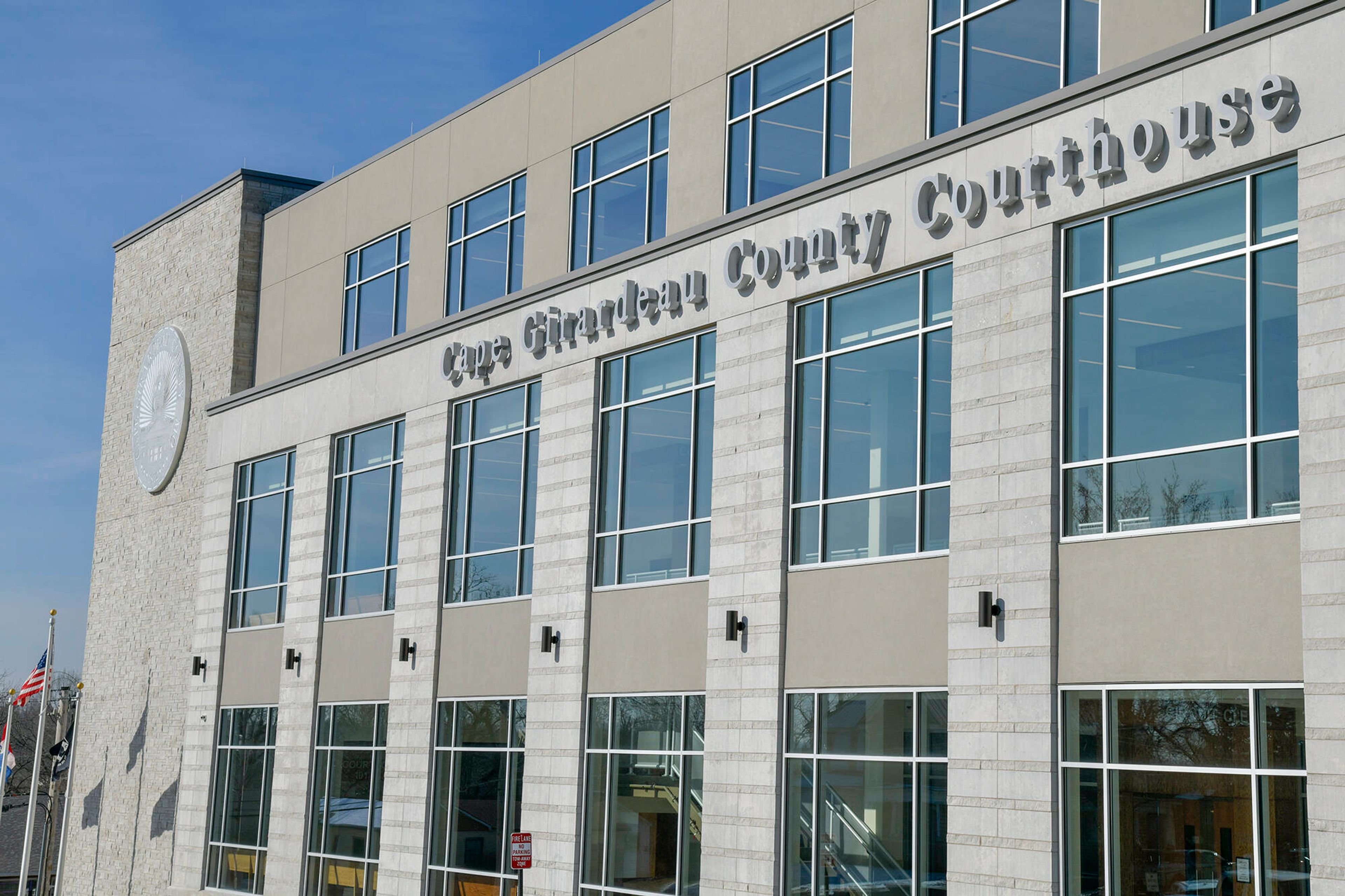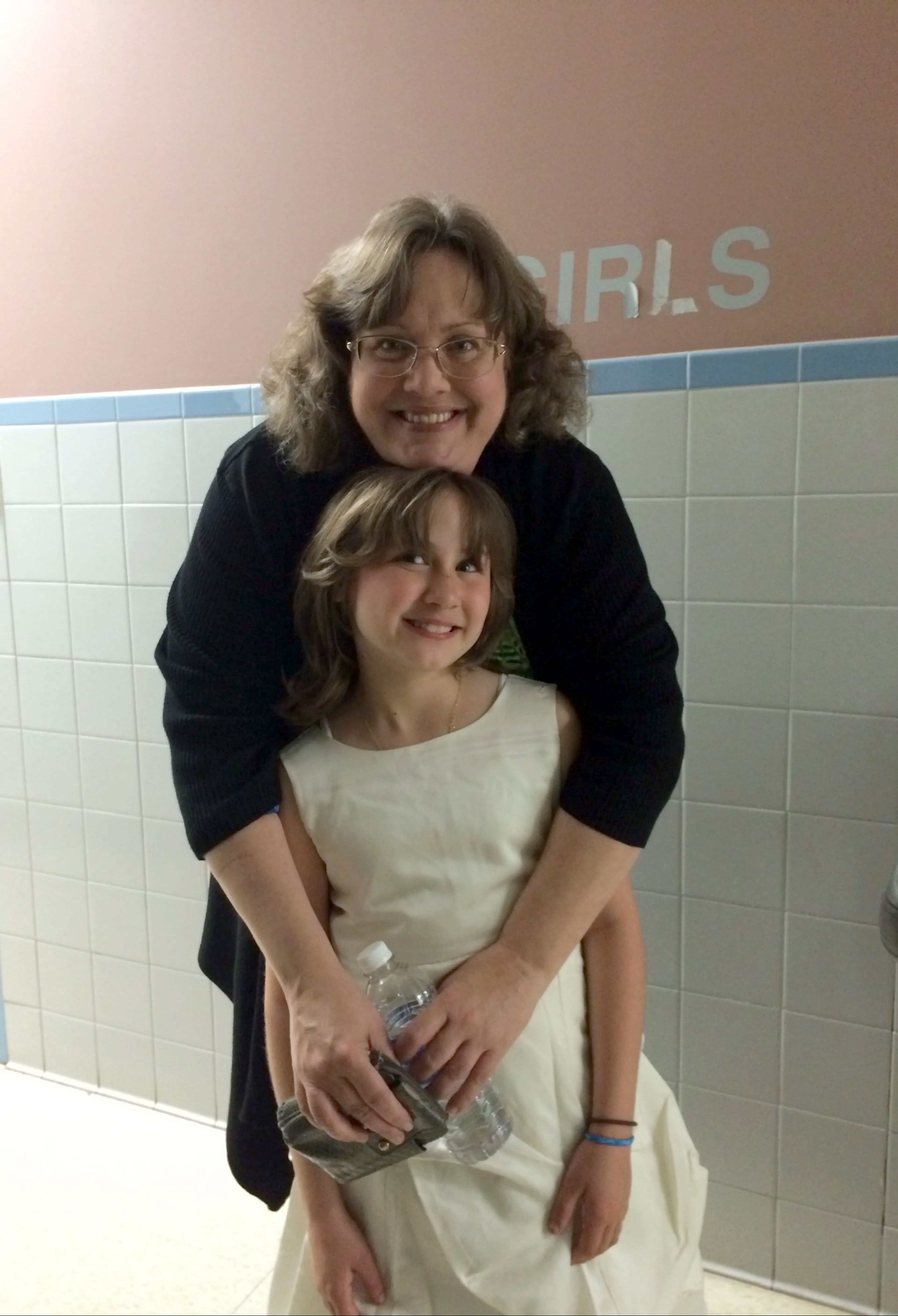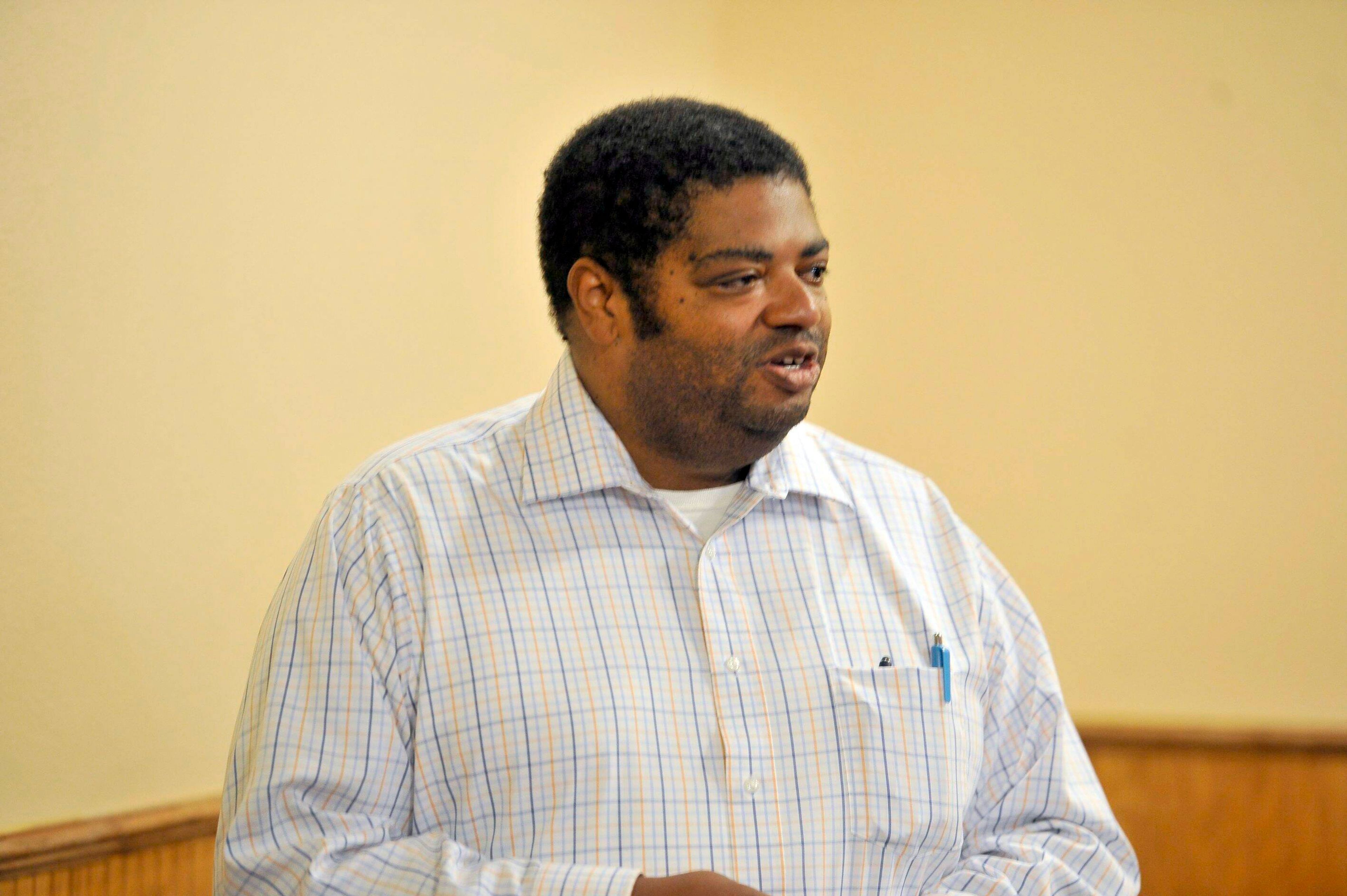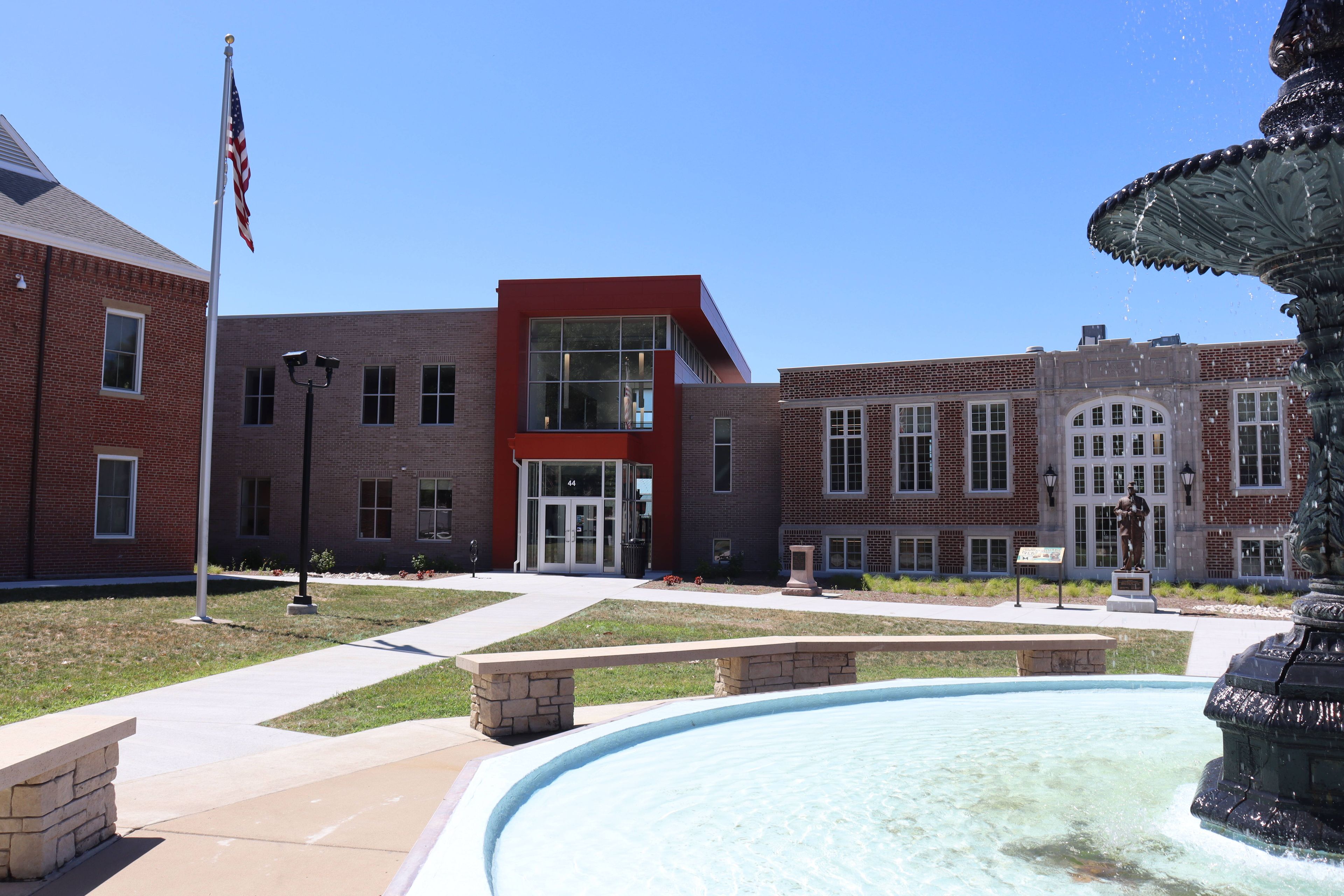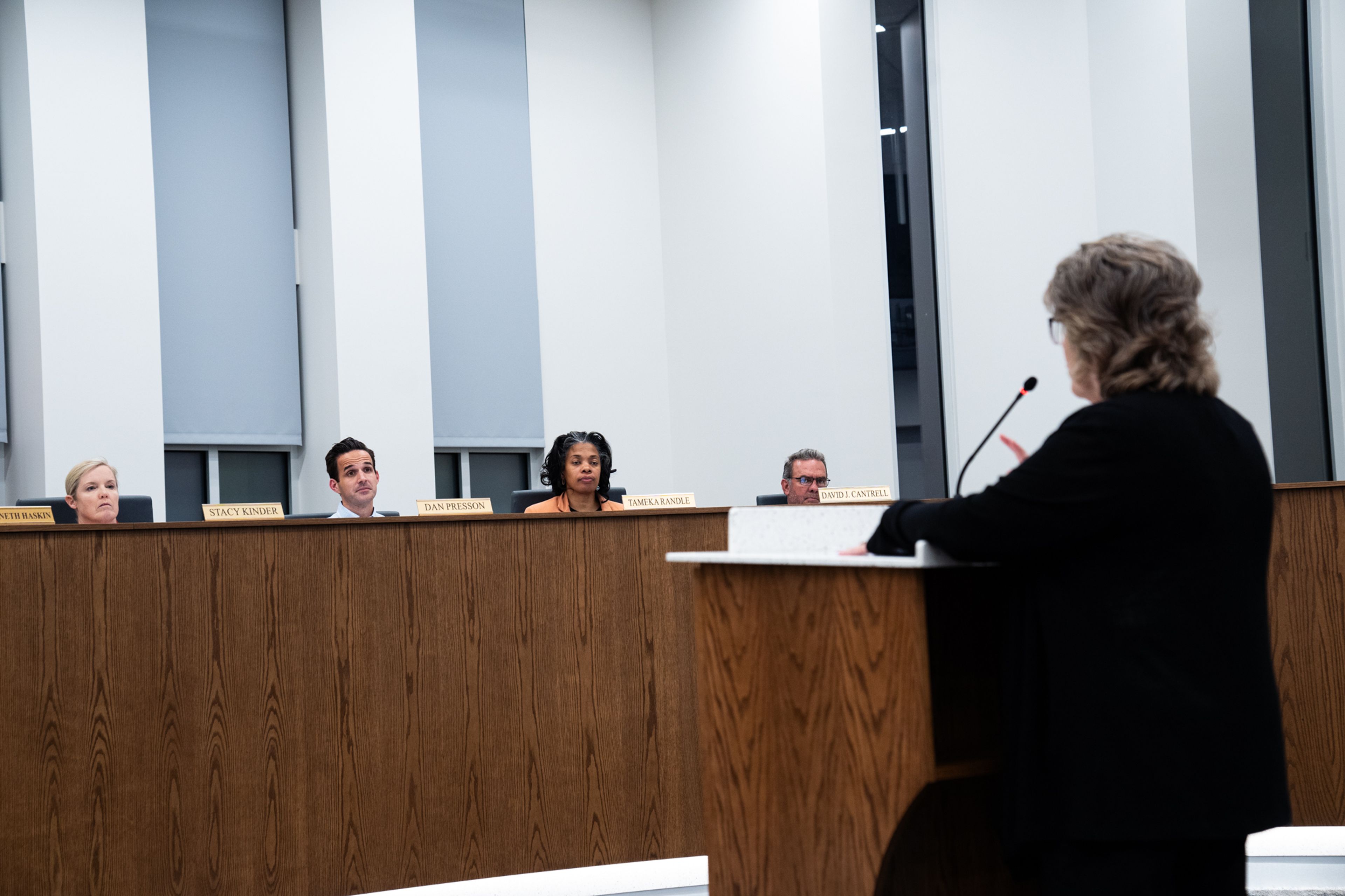Cape Girardeau transfer station project in works
A project that has been among the top of Cape Girardeau's list of major infrastructure needs for many years could soon be realized. Along with a police station, a transfer station has been identified as one of the city's top priorities, but until recently officials were unable to identify a revenue stream...
Editor's note: This story has been edited to correct the correct price per ton of garbage Republic will pay for the trash it runs through the transfer station.
A project that has been among the top of Cape Girardeau's list of major infrastructure needs for many years could soon be realized.
Along with a police station, a transfer station has been identified as one of the city's top priorities, but until recently officials were unable to identify a revenue stream.
Public works director Tim Gramling said the process began when the city council approved in December an agreement with Republic Services that included hauling solid waste from the city's transfer station to the company's landfill. Those services were only part of the deal, he explained.
The agreement also included a provision for Republic Services to operate its hauling operation and process all solid waste from that operation through a new city-owned multiuse transfer station. The revenue generated from the solid waste processed by the city from Republic's hauling operation, in addition to lease payments from the company for using city-owned facilities, will provide enough revenue to pay for the new facility without increasing user fees.
Republic has its own hauling operation and operates out of a facility in Fruitland. The company hauls trash from residents around Cape Girardeau County and from businesses in Cape Girardeau and the surrounding county to its own transfer station. Under the recent agreement, Republic will close down the Fruitland facility and bring its trash collected in the city and county to Cape Girardeau's transfer station.
"That additional trash actually brings in additional revenue to the city," Gramling said. "That additional revenue is how we're going to pay for the facility without increasing any of the rates to our current customers."
Republic also will rent office space from the city, and revenue from that arrangement also will pay for project costs.
The estimated total cost of the project -- which includes professional design services, permitting services, construction management services and construction of the facility -- is $3,869,508. But Gramling said as the design process continues, he expects that number will decrease.
City finance director John Richbourg said Republic will pay $7.75 per ton for the trash they run through the transfer station, which will produce an estimated $143,375 per year. The lease agreement is $60,000 per year.
"Because of the contract, we should recognize an additional operations savings of about $30,000," he said. "So overall, that's $233,375 that will be going toward making payments on bonds issued to do the transfer station. If we were paying for that by charging the residential customers, that would be roughly a 10 percent rate increase."
The current monthly fee for trash services is $18.35.
Gramling said he remembers discussing the need for a new transfer station as far back as 2009, but in those discussions, the only funding solutions available were increasing user fees, using funds earmarked for capital improvement projects or a combination of the two. The city wasn't happy with any of those options, he said, which is why officials were pleased to find a third option. But the city of Cape Girardeau isn't the only party benefiting from the agreement.
"This proposal just fell into place at the right time," Gramling said. "And Republic was actually looking at having to make some investments into that facility to keep it going because it's been around a while. So it kind of fell into place at the right time for them, too, because now they don't have to invest the money into that facility. They're just going to operate out of our facility."
Cape Girardeau's transfer station, which went into operation in 1989, is showing its age as well. The city has experienced repeated issues with the scales, which Gramling said are in a pit, meaning rain and moisture have taken a toll on the equipment over the years. The new multiuse station will include new scales and will be above ground.
The location of the existing transfer station at 2500 S. Sprigg St. also is not ideal. Gramling said the existing station is poorly configured and "it's a pretty tight property" so reconfiguring the station on the same location isn't really an option. The sinkhole that closed down a portion of South Sprigg Street also has affected access to the facility.
"This facility ... basically is at the end of its useful life," Gramling said. "If we don't do this new facility, it would need some major, major upgrades. I'm talking everything from the metal siding that goes around the facility to some of the structural steel that's there, to a lot of the concrete ... on and on it goes."
The new facility would be located across from the city's new wastewater treatment facility on Corporate Circle, near the public works station. Gramling said the future site of the facility is "a piece of property that basically wasn't of use for much else."
This is good news for the city's recycling center as well. The multiuse facility the city is looking to build would have a big enough area to handle trash and the single-stream recycling, Gramling said. The only thing that won't go to the new location is cardboard, which will continue to go to the existing recycling site at 2007 Southern Expressway. Cardboard is more valuable than other recyclables and will continue to be baled.
"Right now, the recycling center handles single stream and cardboard and that's over 4,000 tons a year," said Gramling. "But taking the single stream out of there and putting it on the new facility, we only have to handle about 800 tons a year of cardboard. That actually expands our capacity at the recycling center ... so that means we don't have to do any upgrades to that existing facility because of that."
A contract with Cambridge Cos. -- the company selected by Republic for the design-build -- was approved at the Jan. 5 city council meeting, clearing the way for designing work to begin. Before contactors get too far in that process, Gramling said the city must enter into a permitting process with the Missouri Department of Natural Resources. The application must include details about the facility and how it will be built. The application review is estimated to take about six months.
Gramling said the city hopes to submit the application this month, which would leave construction to begin around August. Cambridge expects construction to take about seven months once the permit is obtained. After construction is complete, an application will have to be submitted to the DNR for an operating permit, a process that will take about 30 days.
srinehart@semissourian.com
388-3641
Pertinent address:
2500 S. Sprigg St., Cape Girardeau, Mo.
2007 Southern Expressway, Cape Girardeau, Mo.
Connect with the Southeast Missourian Newsroom:
For corrections to this story or other insights for the editor, click here. To submit a letter to the editor, click here. To learn about the Southeast Missourian’s AI Policy, click here.

